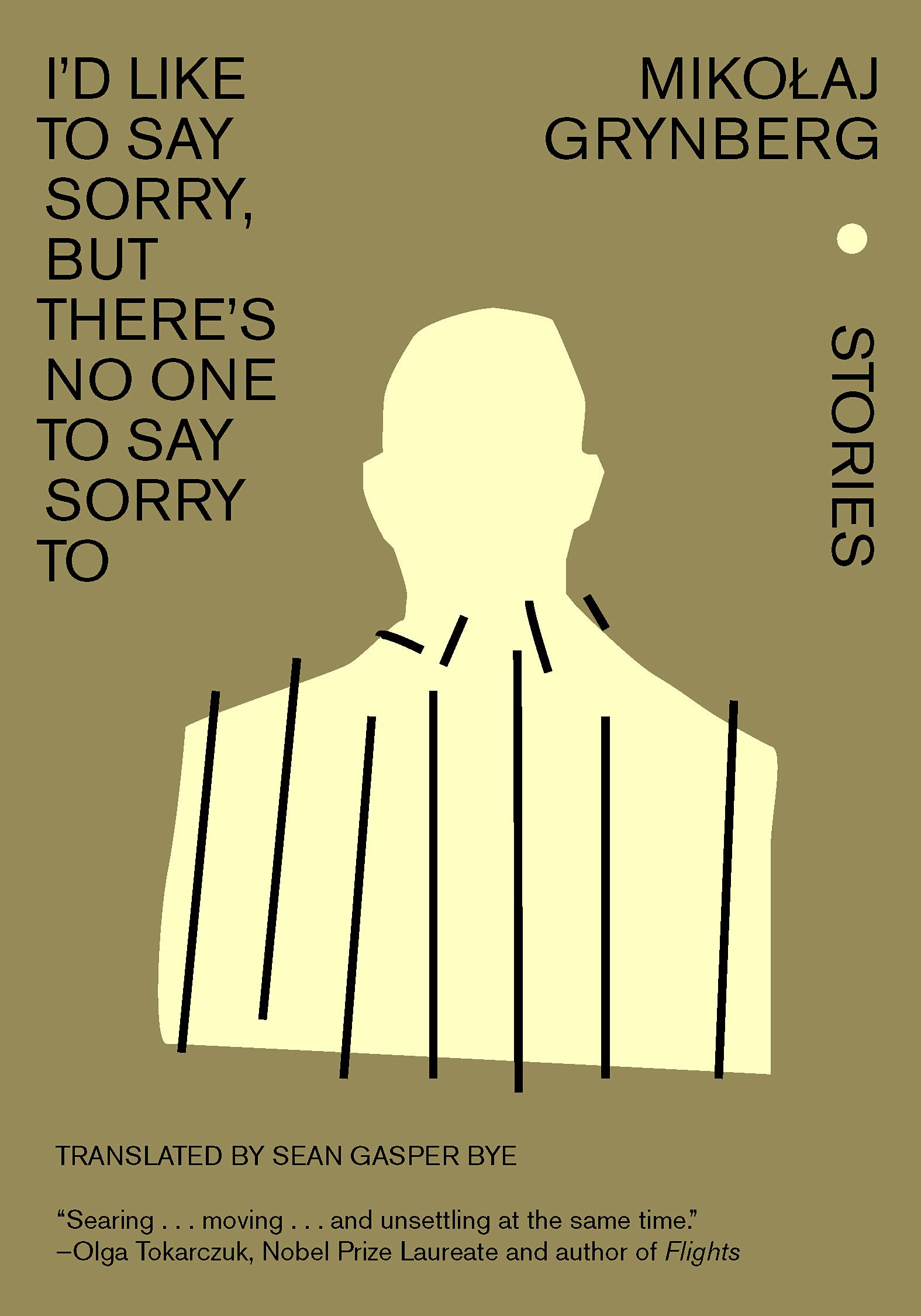Reading Mikołaj Grynberg in a time of war.
“We have jokes because we haven’t got any hope. But we sure know how to laugh, don’t you think?”
UNKNOWN
Polish photographer and oral historian Mikołaj Grynberg emerges into the English publishing space with his collection of short stories inspired by the stories of Polish Jews across and in-between one generation and the next.
The book’s Polish title, Rejwach, can mean several things, but Google Translate’s first two translations struck me the most: “hullabaloo” and “uproar.” The book’s translator, Sean Gasper Bye, includes the term “cacophony” in his note; a “holy racket deeply rooted in Jewish culture and history.”
This holy racket, read in conjunction with the book’s English title, I’d Like to Say Sorry, But There’s No One to Say Sorry To, gives us a clearer picture of the kinds of stories Grynberg shares with us. In no more than 3-4 pages, each story reveals a secret about a parent or child, sibling or artist, that each has hidden from their next of kin. Only when their narrators find out, or share their late partner’s buried truth with their children, do we recognize just how much suffering our ancestors have endured, and how little they wanted us to see of that world.
Reading I’d Like to Say Sorry… in a time of endless global war and oppression—where one state of oppression reported in the news gets suffocated by the birth of another somewhere else, “anywhere but here”—I think about the concept of hope, and what we end up filling the well with when hope runs dry.
I’d Like to Say Sorry, But There’s No One to Say Sorry To, by Mikołaj Grynberg, was published by The New Press in February, 2022. It can be found at your local independent bookstore or public library.
